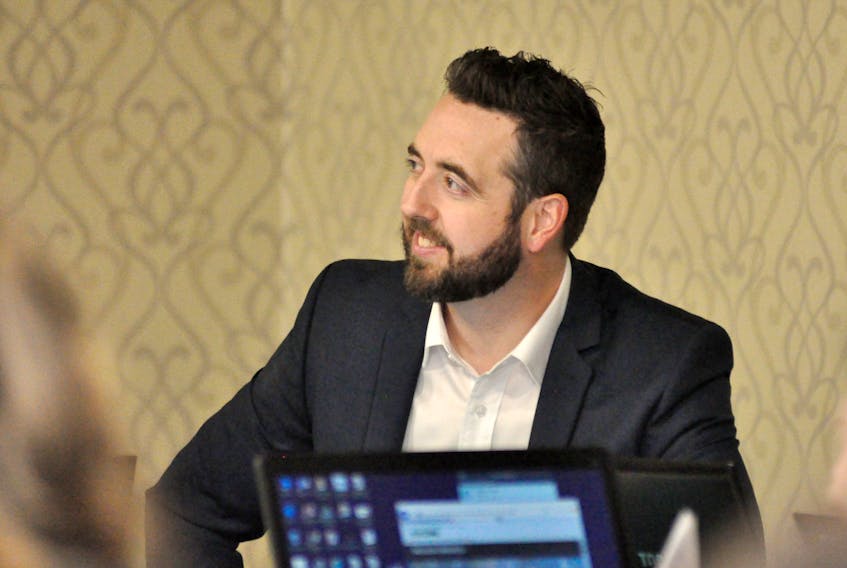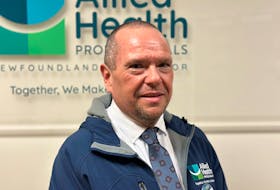Money announced in last month’s provincial budget for the province’s Office of the Chief Medical Examiner (OCME) will not solve all the problems facing the office, but it will start correcting what a review found was a situation that was an “accident waiting to happen.”
A report written by Nova Scotia’s chief medical examiner Dr. Matthew Bowes was released to the public last July.
The report concluded there were many problems with this province’s OCME, including: inadequate office space and equipment; too few staff and overworked staff, including Dr. Simon Avis, who is approaching retirement age; an antiquated record system; and many other deficiencies.
At least one huge mistake had been made prior to the review. A court case involving the death of an infant, Matthew Rich, was halted and a second-degree murder charge against his father dropped because medical evidence, including Matthew’s brain, had been lost at the OCME.
In last month’s provincial budget, the government announced that an additional $563,000 has been committed for improvements at the OCME, for total funding of approximately $1.5 million.
The government stated the funds will improve operations by adding staffing and resources to the office, including an additional pathologist.
Justice Minister Andrew Parsons noted the big thing people should remember is that the issues identified with the office don’t lie with the staff working there.
The report found, he noted, there are too few staff and that Avis has a “very heavy and completely unsustainable workload.”
“If not for the people working there, this office would be completely off the rails,” Parsons said. “That was one of the big acknowledgements of the report. It was understaffed and under-resourced. The amount of work they do is absolutely tremendous. So what this money does is a couple of things. It allows us to go out and hire an additional pathologist because we are also dealing with succession issues where we all know that Dr. Avis is going to retire at some point, so we are going to have to set up a succession plan there.
“It also allows us to hire, basically, the individual who will help implement the plan. There were a number of recommendations and Dr. Bowes, having gone through this in Nova Scotia, was good enough to know you are not going to come out and get this huge budget allotment and fix everything at once. It has to be done in phases and over a period of time.”
The report had also found the office space to be inadequate, noting that “boxes of files, office supplies, journals and books are stored in every available space such that the people who work there encounter difficulty just moving through the space.”
There were important systemic weaknesses outlined in the report: a lack of formal policies and procedures, and the blurring of the lines between hospital and medical examiner office.
“There is still work to be done there with the (offices),” Parsons said. “We are also looking at the hiring of a nurse practitioner, and there will be more that will have to happen in the future, but (the money announced in the budget) is a really good first step.
“There are still a lot of issues that have to be addressed, including a change in policy and a change in infrastructure. Those will happen. Some of them will require larger investments. I’d like to think that ensuring we have the staffing resources there, we will make sure the work continues to be done. (The OCME) is not something that the public thinks about or sees regularly. But when it doesn’t go right, when there’s an issue, it’s extremely public and it’s extremely trying and it has huge repercussions on our system. When a prosecution doesn’t proceed because of an issue like (the Matthew Rich case), how do you explain that to a family?”









